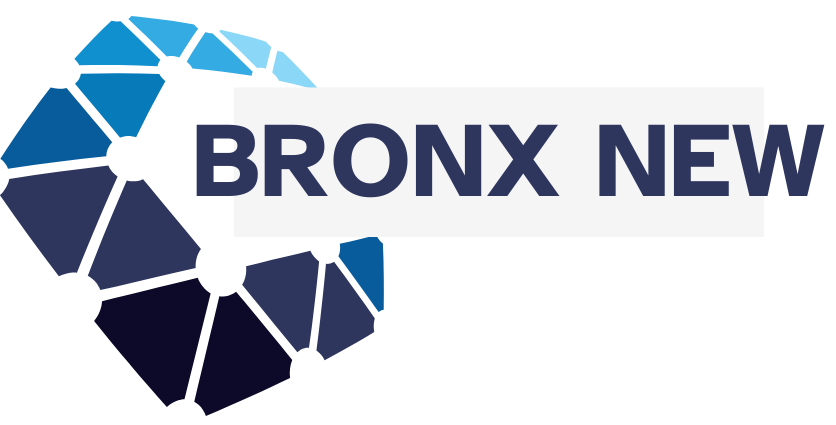Facing a recession can be daunting, but understanding how to build a financial plan for a recession can strengthen your financial security. Start by assessing your current financial situation, which will help highlight areas where you can improve. Setting realistic financial goals is crucial, as is creating a solid budget that accommodates both essential expenses and potential savings. Prioritizing emergency funds is a must, ensuring you’re prepared for unforeseen circumstances. Consider seeking professional financial advice to fine-tune your strategy effectively. These steps will guide you toward a secure financial future even in uncertain times.
Assess Your Current Financial Situation
Before constructing a financial plan to withstand a recession, it’s crucial to assess your current financial situation. This step allows you to gain a comprehensive understanding of your financial health.
Start by listing all your sources of income. Include your salary, bonuses, rental income, or any other regular financial inflows. Having a clear picture of your income helps you understand your available resources.
Next, analyze your expenses. Make a detailed list of all monthly obligations, such as mortgage payments, utilities, groceries, and other regular expenditures. Try to identify areas where you might be overspending and think about potential cutbacks.
Once your expenses are clear, calculate your net worth. Subtract your total liabilities from your total assets. This figure will help you understand your financial standing and strengthen your basis for making informed decisions.
Don’t forget to review your debt situation. List all debts, including credit cards, loans, and other obligations. Understand their interest rates and prioritize paying them down strategically, especially high-interest debts.
Finally, examine your savings and emergency funds. Determine whether you have adequate reserves to handle unexpected expenses. If not, start planning how much you need to save and over what period to build a solid safety net.
Set Clear and Achievable Financial Goals

To navigate through a recession, it is crucial to set financial goals that are both clear and achievable. Start by breaking down your larger financial ambitions into smaller, more manageable targets. Consider employing the SMART criteria (Specific, Measurable, Achievable, Relevant, Time-bound) to structure these goals effectively.
Specific: Define each goal in clear terms. Instead of saying you want to ‘save money’, specify the exact amount you aim to save each month.
Measurable: Assign metrics so you can track progress. For example, having a target of saving $500 each month allows for tangible progress tracking.
Achievable: Ensure that your goals are realistic considering your current financial conditions. Setting unattainable goals leads to frustration and disengagement.
Relevant: Goals should align with your broader financial objectives. Prioritize goals that are vital to your long-term financial health.
Time-bound: Set clear deadlines for each goal. Knowing that you want to save $6000 by the end of the year gives structure and urgency.
By categorizing your goals using this method, you not only bring clarity but also establish a sense of motivation to achieve them, even during economically challenging times.
Create a Robust Budget Strategy
To formulate a robust budget strategy, begin by analyzing your income and expenses. Identify all revenue streams and categorize every outgoing cost, from essential bills to discretionary spending.
Cut Unnecessary Expenses
Look for areas where you can cut back. Determine which expenses are non-essential and consider alternatives or eliminate them entirely. This might involve finding cheaper service providers or canceling subscriptions.
Allocate Resources Effectively
Prioritize your spending towards essential needs and savings. Allocate a portion of your income to categories such as housing, transportation, groceries, and savings for future goals.
Incorporate Flexibility
An effective budget should also have room for flexibility. Life can be unpredictable, and having a flexible budget helps accommodate unexpected changes without financial stress.
Utilize Budgeting Tools
Consider using budgeting software or mobile apps that can help track and manage your finances more efficiently. These tools often provide insights into spending habits, making it easier to adjust and maintain your budget.
Regularly Review and Adjust
Set regular intervals to review your budget performance. Adjust allocations as needed to ensure your budget remains effective in achieving your financial goals.
Prioritize Savings and Emergency Funds

During economic uncertainty, it is crucial to prioritize building your savings and enhancing your emergency funds. First, evaluate your current savings status. Aim to have at least three to six months’ worth of living expenses saved. This will provide a cushion during unexpected situations, like job loss or emergencies.
Allocate a specific portion of your income monthly towards your savings, treating it as a non-negotiable expense. Automate this process by setting up automatic transfers to a dedicated savings account, ensuring consistency and discipline.
Consider creating multiple savings buckets: short-term savings for upcoming expenses, and long-term savings for future needs such as retirement or major life events. This strategy helps in managing your finances effectively.
Build a separate emergency fund that is easily accessible. This is different from your regular savings, as it should solely cover emergencies. Keeping this fund in a high-yield savings account can also help grow your money over time while keeping it safe.
Regularly review your savings goals and increase contributions as your financial situation improves. This proactive approach can shield you from financial stress during a recession and help you achieve financial security.
Seek Professional Financial Advice
During uncertain economic periods, making sound financial decisions is crucial. Consulting with a financial advisor can provide expert insights and personalized strategies tailored to your situation. Understanding the Value: Professionals offer objective and informed guidance that takes into account current market conditions and future projections. By engaging with an advisor, you can identify growth opportunities, mitigate risks, and ensure your financial plan is resilient enough to withstand economic downturns.
Key Benefits
: Advisors have access to a wide range of resources and tools, allowing them to analyze market trends and investment performances effectively. They can also help with tax planning, estate management, and debt restructuring. Choosing the Right Advisor: It’s important to select someone who understands your financial goals and has a proven track record in managing portfolios during recessional times. Look for advisors who are certified and come with strong recommendations. Additionally, transparency about fees and potential conflicts of interest is essential.
Collaborative Planning
: Working with an advisor should be a collaborative effort. Regular meetings ensure that your financial plan remains aligned with your goals and the changing economic landscape. Their expertise supports not just immediate needs but long-term stability and growth.





